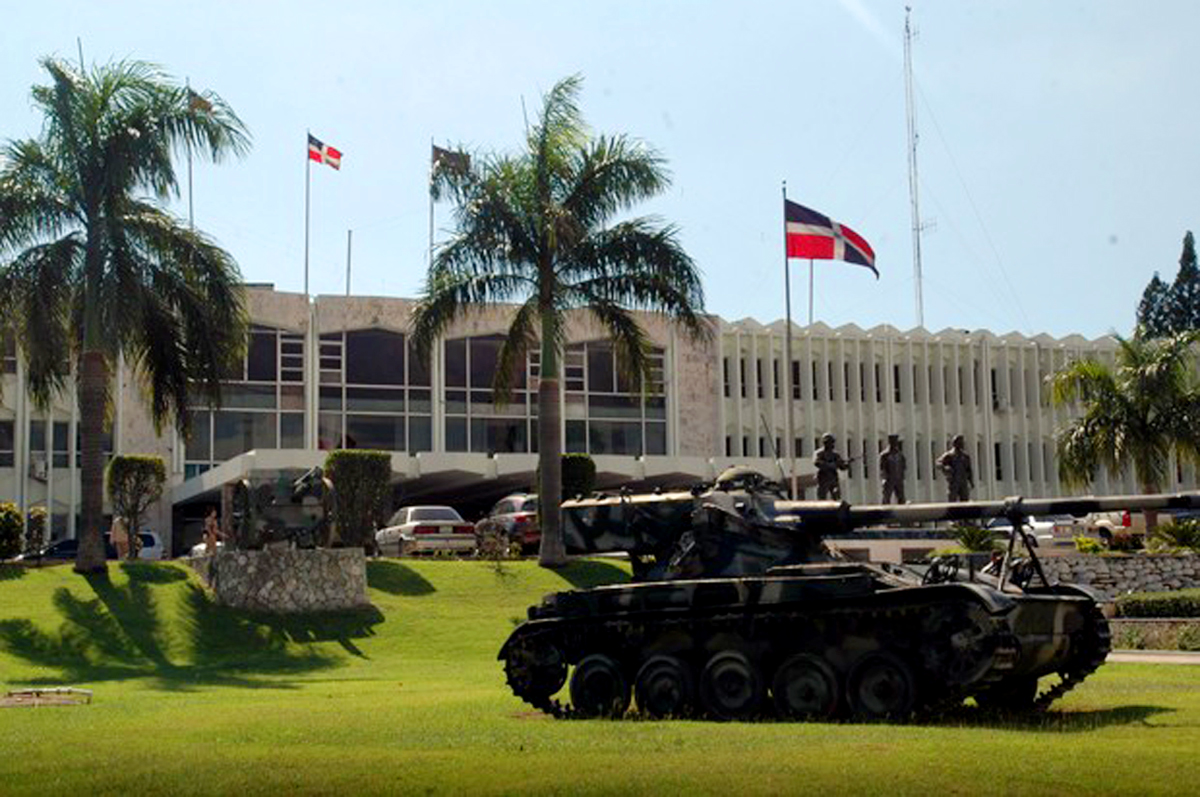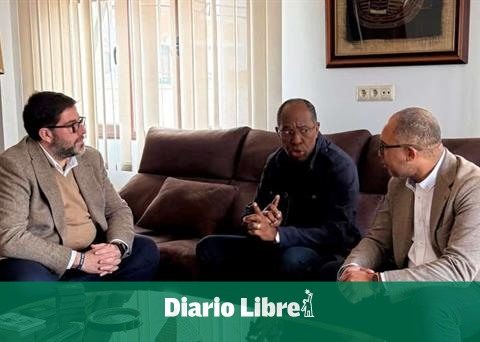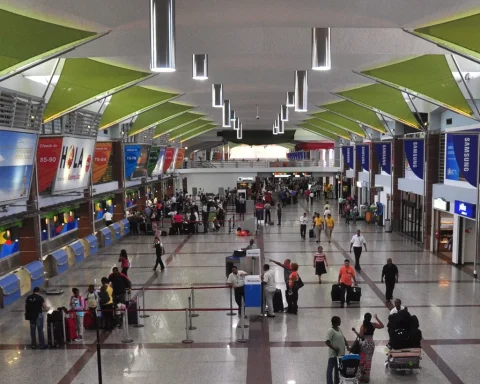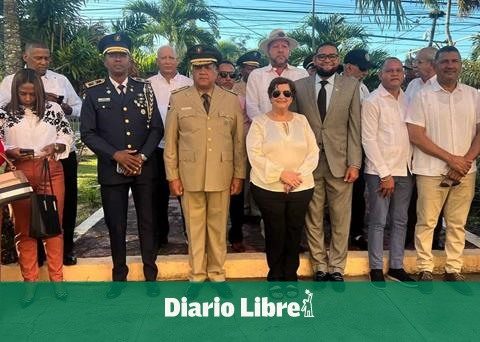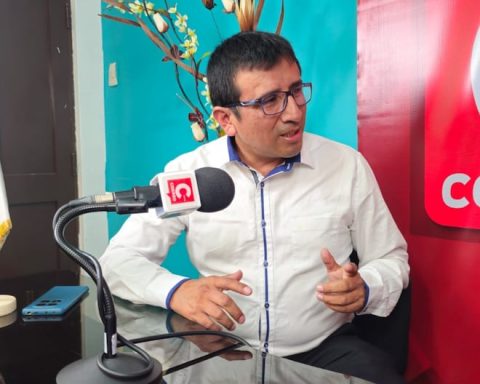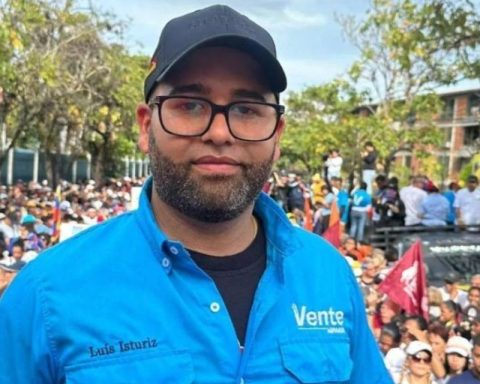September is the month in which Dominicans remember the overthrow of the first democratic government elected by the Dominican people after the assassination of dictator Rafael Leónidas Trujillo Molina in 1961. It was on the 25th of 1963 when the Dominican Republic suffered the fall of Juan Bosch, then leader of the Dominican Revolutionary Party (PRD), with whom he emerged victorious in the elections of December 20, 1962, and was sworn in on February 27 of the following year.
In his essay “Development of a Public Policy on Human Rights: The Case of the Armed Forces of the Dominican Republic,” the jurist and writer Ramón B. Martínez Portorreal recounts the background and updates of the highest military body in the country, in which he refers to what the coup d’état against Bosch, carried out by the high-ranking officers of the years following the Trujillo dictatorship, meant for military and political life in the Dominican Republic.
“The adventure of September 25, 1963 created a deep division within the Armed Forces, differences arose between the high officers of the different branches, to the point that for the first time, after May 30, 1961, a civilian would assume the functions of Secretary of State of the Armed Forces,” Martínez Portorreal argues in his essay.
The author does not mention the name of the “civilian” who “would assume the functions,” but highlights that “the sectors most committed to the democratic system and public liberties would gather the civilians linked to the parties declared illegal and would produce the armed outbreak of April 24, 1965, which would lead to the second unilateral intervention of United States troops.”
The end of the 12 years of Balaguer, overthrown in 1978 by the PRD and Antonio Guzmán, together with the support of the American president Jimmy Carter to respect the popular will, are highlighted in Martínez Portorreal’s essay, among other events, analyzed with true scientific rigor by the author.
